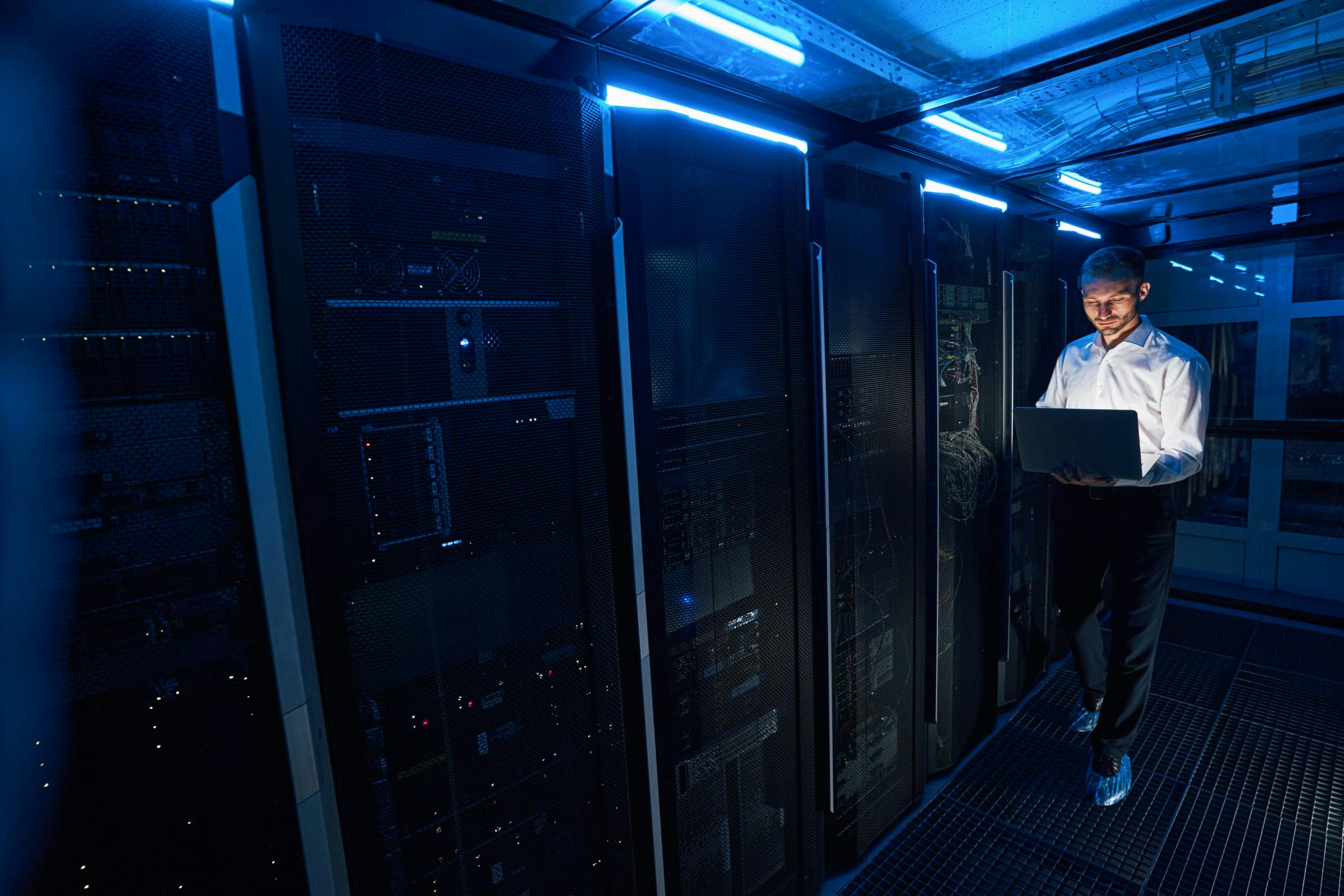Taking Stock of Trading Stock and Trends in Private Companies
By Winnie Van | Published November 21, 2017

The IPO market for the first half of 2017 saw 77 companies raise 0.5B in proceeds. The secondary market was 2B in volume for the same period, and on track toward 0B in volume for the year.
Given the increase and strategic importance of this market, the ABD Team sponsored a panel discussion on “Secondary Markets for Privately Held Venture Backed Companies” last week, alongside Columbia Pacific and Nasdaq Private Market. The panelists shared perspectives from a variety of interests including a seller, buyers, legal, company and platform to ensure a comprehensive discussion of this dynamic and complex market.
Facebook was the leading face to the secondary market. It had rapid revenue growth, serial and unprecedented capital raises at attractive prices, and sought to defer its IPO. In tandem with a large supply of other late stage privately held companies, there came to be a more organized and established market between shareholders who wanted to sell their shares in those private companies, and buyers seeking stakes in later stage private companies but at much smaller investments than required during venture fund financing rounds directly from the company. Buyers started out as venture funds, but have now evolved to include family offices, high net worth individuals and even the company buying back shares.
The motivations to liquidate are the same from founder shareholders, employee shareholders to investor shareholders. The motivation is now highly accentuated with a longer time to liquidate via IPO (now averaging over 8 years from seed funding) and the sheer number of highly valued private companies (267 unicorn companies valued at 20B). The result of all this is a robust secondary market!
Noteworthy is that funding in the emerging ICO (initial coin offering) market has exceeded early stage VC funding this year. However, funding to date has been concentrated to blockchain and socially beneficial companies. As a wider ecosystem for ICOs is built, the longer-term impact on the secondary market will be played out.
Some of the key discussion topics that the secondary market panel covered:
Lessons learned from Facebook, Twitter, Uber, Palantir, and Airbnb
Scope of restrictions on employee sales in secondary market impact morale and retention
Multiple 409A traps and tax implications for the unadvised, for both company and employee
Venture funds, who have representation at the Board of Director, and are buyers or sellers on the secondary market can create insider trading liability for the fund and the company
The quantity and quality of company information disclosure, even when it is a third-party purchase, can create securities liability
Due to the complexities arising out of secondary market trading, expert advice from qualified professionals is important in obtaining an understanding and guidance on the issues. The professionals should include legal counsel, financial advisors, and insurance professionals skilled in D&O insurance.
For additional information, and a discussion of your D&O policy, please contact your ABD broker or contact us at hello@theabdteam.com


